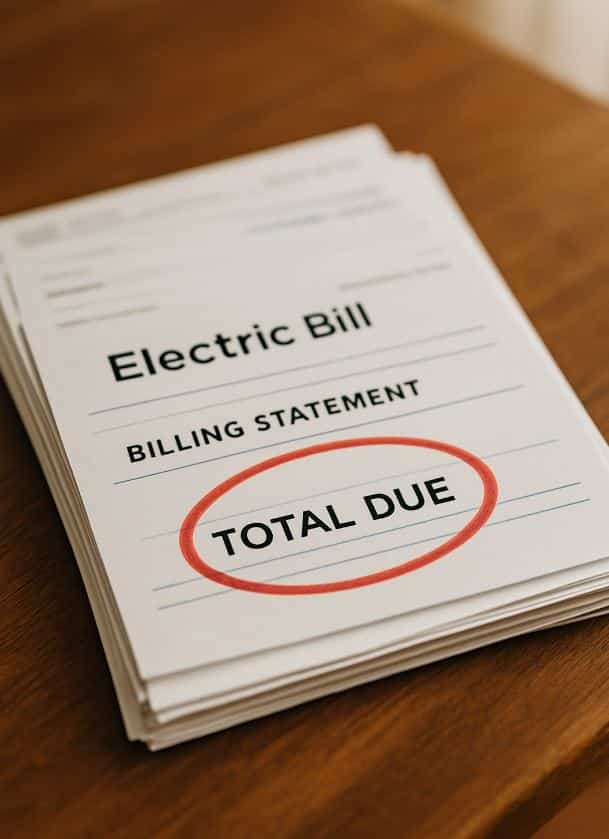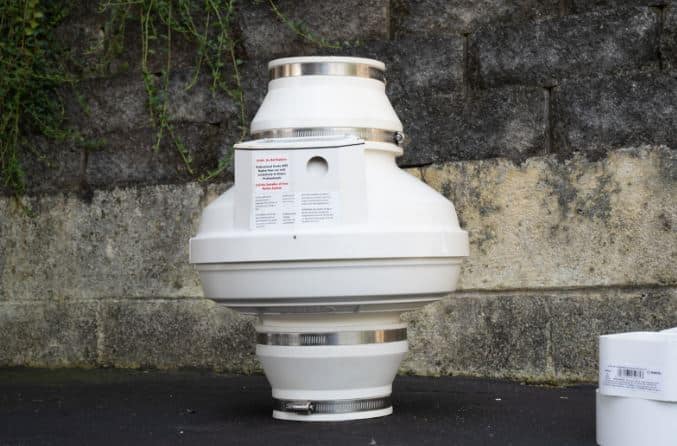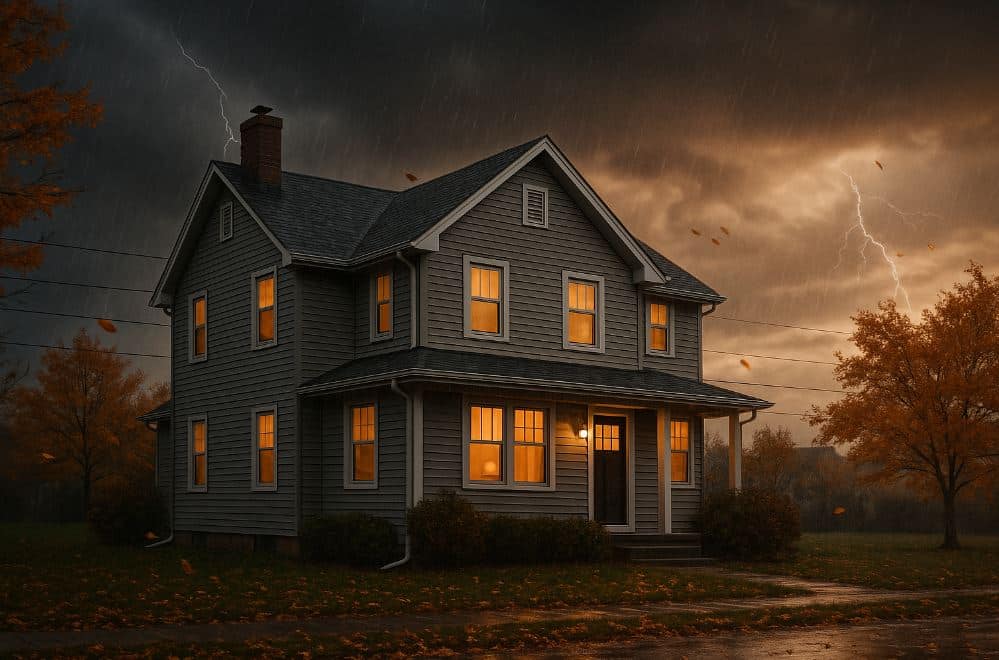
Basement waterproofing is an essential step in safeguarding your home from water intrusion. It helps keep your home safe and dry, protecting you and your family from unhealthy indoor air quality. This reduces the chance of mold growth, helps you maintain energy costs, protects your belongings, and provides you with a comfortable basement living space. However, there are several methods to waterproofing a basement. From interior waterproofing to sump pump installation, each solution offers unique advantages for keeping water from entering your home. Determining the right waterproofing method is done through a thorough assessment of your home, which requires consideration of various factors, including the construction of your basement and the extent of water damage. We’ll cover several of the most effective basement waterproofing methods and the advantages they provide.
What is Basement Waterproofing?
A complete basement waterproofing system involves combining various methods to make your basement water-resilient. These techniques prevent water intrusion in the basement, maintaining a dry and secure indoor atmosphere. Depending on your basement’s requirements, a professional basement waterproofing contractor will choose the waterproofing method that best suits your home. This method may include solutions such as sealant application, drain tiles, and sump pump installation, among others.
Importance of Basement Waterproofing
Since the basement is completely or partially located below ground level, it is most vulnerable to water intrusion through various sources, such as plumbing leaks, heavy rainfall, flooding, or groundwater seepage. The only way to keep your basement protected is with basement waterproofing. Here are some common advantages of basement waterproofing techniques:
- Protects your belongings: Basement waterproofing keeps the space dry and protects your belongings from moisture.
- Prevents the risks of flooding: Effective waterproofing helps mitigate flooding by directing excess water away from the basement.
- Prevents mold growth: Waterproofing creates a dry atmosphere in the basement, reducing the risk of harmful mold growth.
- Maintains structural strength: Waterproofing systems protect the walls, floors, beams, and columns in the basement from weakening due to moisture and improve your home’s overall structural strength.
- Provides additional storage space: You can use a clean, dry basement as additional living or storage space.
- Maintains energy costs: A dry basement helps maintain indoor humidity levels and temperatures, resulting in an energy-efficient indoor environment.
- Improves indoor atmosphere: Waterproofing the basement keeps moisture issues at bay and improves indoor air quality.
- Maintains home value: A well-maintained basement keeps your home comfortable and prevents the hassle of water damage repairs, resulting in increased home value.
Causes of a Wet Basement
Understanding why your basement is wet can help implement the right solution to keep the space dry and secure. Some common causes of dampness in your basement include:
1. Drainage Tile Failure
Improper installation of drainage tile may lead to water intrusion or flooding in the basement. A faulty drain tile system will not be able to keep the basement dry, especially during heavy rainfall.
2. Faulty Construction
Poor foundation construction makes the structure vulnerable to water penetration, leading to dampness, mold growth, and structural weakening.
3.Hydrostatic Pressure
Groundwater accumulates around the exterior perimeter of the basement, increasing hydrostatic pressure. This may lead to water infiltration and cracked or bowed walls.
4. Cracks in Foundation
Water may seep through foundation cracks. These cracks allow water in the soil to enter the basement, resulting in dampness or flooding.
5. Condensation
If the humidity level is high inside your basement, the moisture in the air may condense on the walls, floors, or furniture. Persistent condensation contributes to dampness in the basement.
6. Sump Pump Failure
A malfunctioning sump pump cannot efficiently pump excess water out of the property, which can lead to water buildup or flooding in the basement.
Most Effective Basement Waterproofing Methods
Professionals use a combination of various methods to waterproof basements. Some commonly used basement waterproofing techniques are:
1. Waterproofing Sealants and Epoxy Injections
Sealants and epoxy injections are commonly used to seal cracks or openings in basement walls and floors. This is a quick and cost-effective waterproofing solution that prevents water seepage into the basement. It is mainly used for minor leaks and condensation issues.
2. Interior Drainage System
An interior drainage system is installed inside the basement to prevent water accumulation. This method includes installing drain tile along the perimeter of the basement floor. It efficiently collects water from plumbing leaks, floods, or groundwater leakage and channels it away from the basement to a sump basket.
3. Sump Pump Installation
A sump pump is installed at the lowest point of your basement or crawl space. This system automatically collects the access water from the sump pit and pumps it away from your home. It is essential for homes located in areas at high risk of floods and heavy rainfall.
4. Exterior Waterproofing
Exterior waterproofing is done outside the home, around the perimeter. It mainly involves coating the exterior walls with waterproofing membranes and installing exterior drainage. This technique offers an extra layer of protection against water intrusion into the basement.
Which Basement Waterproofing Method is the Best?
The best basement waterproofing method largely depends on the basement’s needs and construction. Waterproofing professionals will thoroughly assess the condition of your basement and identify the most effective approach to protecting your home from water intrusion. The right waterproofing solution is often a combination of different methods that address the root cause of water intrusion. It is best to consult a professional to determine the most efficient waterproofing solution for your property. Call us today for a free consultation with our experienced waterproofing experts.






